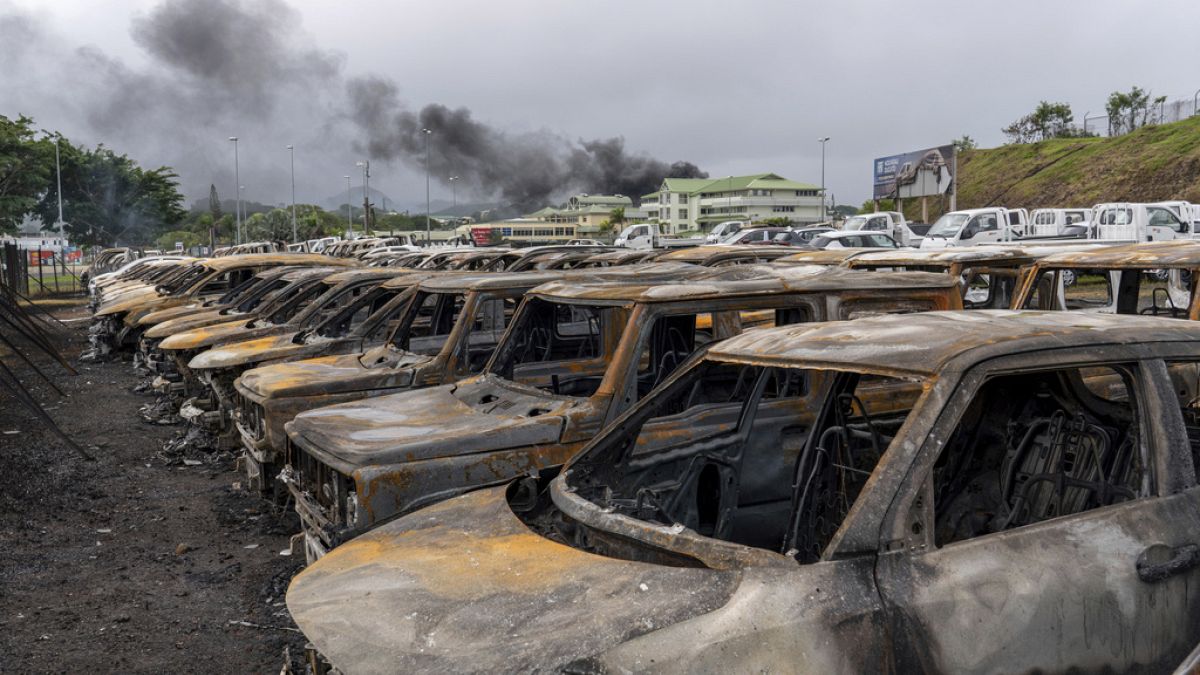The recent attempt to change French voting lists in New Caledonia has sparked violent protests and riots in the South Pacific archipelago. The conflict, which has resulted in at least six deaths, was triggered by French President Emmanuel Macron’s efforts to alter the constitution and the membership of voting lists in the territory. Although the state of emergency imposed to quell the violence has been lifted, the aftermath of the conflict is still palpable as tensions persist.
The conflict in New Caledonia has deeper roots than just the recent political events. The issues trace back to the 1988 Matignon accord and the 1998 Nouméa accord, aimed at establishing autonomy in the territory over a 20-year transition period. A 2018 independence referendum ended with a vote in favor of the status quo, but Macron’s decision to scrap the accord last year triggered further unrest among the Kanak people, who felt sidelined in decisions about their future.
The Kanak people, who constitute a significant portion of the population in New Caledonia, have been living in poor conditions with high rates of poverty and involvement with the justice system. Their frustration with France’s decisions and lack of progress in improving their living standards has fueled the recent protests and demonstrations. The youth in particular have expressed anger and disillusionment with both French authorities and Kanak leaders they perceive as too accommodating to Paris.
The French government has lifted the state of emergency and initiated dialogue with local parties and Kanak leaders to address the crisis and restore peace in the territory. Pro-independence parties and Kanak leaders have called for the withdrawal of the electoral reform bill as a step towards resolving the conflict. However, there is concern about a right-wing racist core among the settler population in New Caledonia, which may hinder efforts towards reconciliation and self-determination for the Kanak people.
Moving forward, it is crucial for the French government to navigate the delicate balance between addressing the grievances of the Kanak people and ensuring the stability of the territory. Dialogue and collaboration with all stakeholders, including pro-independence parties and settler populations, will be essential to finding a peaceful resolution to the ongoing conflict in New Caledonia. Failure to address the underlying issues and complexities of the situation could lead to prolonged chaos and unrest in the region. It is imperative for all parties involved to prioritize the well-being and rights of the people of New Caledonia to achieve lasting peace and stability in this troubled archipelago.









